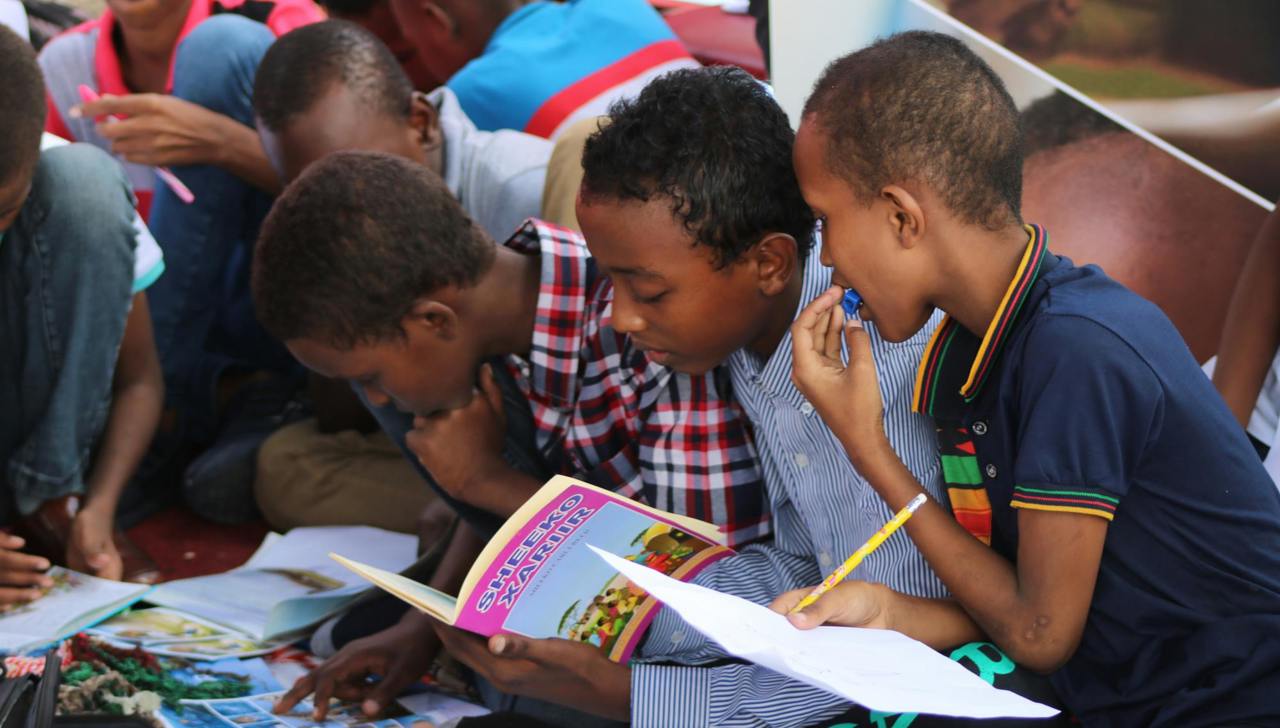
Project reference
24-0064-000-SOM-WB-TPM-Edu
Contract duration
2024 - 2025
Budget
609,816
666.250,00 USD
Countries
Somalia
Keywords
Education, Monitoring & Evaluation
Global Education Policy Dashboard
This consultancy aims to comprehensively assess the quality of education provision in Somalia, evaluate education policies, and examine the government’s capacity at both national and federal levels to provide, regulate, and monitor education services. The project focuses on gathering insights into the key challenges affecting enrollment growth and student learning outcomes in primary and secondary schools, as well as how schools are financed and managed. The project includes two primary components of data collection:
1) A School Survey conducted across 700 randomly selected schools, including interviews with principals and teachers, assessments of students and teachers, and live classroom observations
2)
A Survey of Public Officials, targeting 200 public officials at the national and federal levels to gather information on government capacity, bureaucratic processes, and education policies
The consultancy provides a robust analysis of factors affecting the education system, focusing on:
1) A School Survey conducted across 700 randomly selected schools, including interviews with principals and teachers, assessments of students and teachers, and live classroom observations
2)
A Survey of Public Officials, targeting 200 public officials at the national and federal levels to gather information on government capacity, bureaucratic processes, and education policies
The consultancy provides a robust analysis of factors affecting the education system, focusing on:
- Assessing the barriers that prevent growth in primary and secondary school enrollments and student learning improvements
- Profiling public and private education providers and analyzing the roles they play in delivering education services
- Identifying factors that influence variations in student learning outcomes, providing a data-driven understanding of the issues
- Understanding how schools are financed, their resource allocation, and spending efficiency
- Investigating the role of community committees in education service delivery, governance, and decision-making at the school level.
Partners
Dansom (Lead), Particip